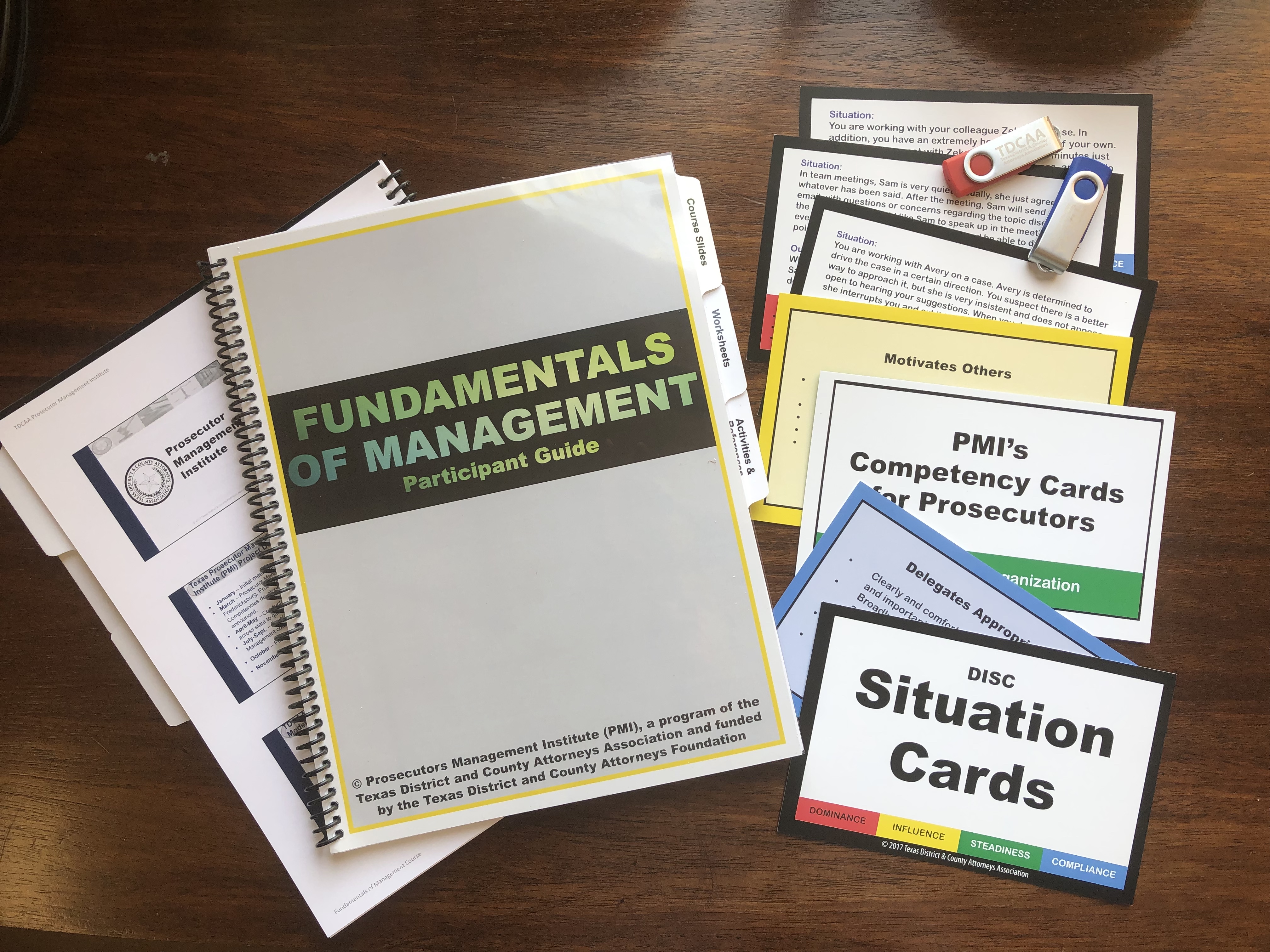Only in Texas could our political leaders rage against the federal government while simultaneously making our own state legislature and politics more and more like Congress. Is this a great state, or what?
Prosecutor primaries
Contested primary results involving incumbent felony prosecutors:
Democratic Primary
53rd DA (Travis): Jose Garza (i) defeated Jeremy Sylestine and will face Daniel Betts (R) in November
293rd DA (Maverick/Dimmit/Zavala): Bobby Serna (i) defeated Frank Ponce (no R opponent)
Harris DA: Kim Ogg (i) lost to former Asst. DA Sean Teare, who will face Dan Simons (R) in November.
Republican Primary
18th DA (Johnson/Somervell): Dale Hanna (i) lost to former ADA Tim Good (no D opponent)
29th DA (Palo Pinto): Kriste Burnett (i) lost to Jett Smith (no D opponent)
31st DA (Gray/Hemphill/Lipscomb/Roberts/Wheeler): Franklin McDonough (i) beat Todd Alvey (no D opponent)
32nd DA (Nolan/Fisher/Mitchell): Ricky Thompson (i) beat Samantha Morrow (no D opponent)
64th DA (Hale): Wally Hatch (i) beat Troy Bollinger (no D opponent)
81st DA (Atascosa/Frio/Karnes/LaSalle/Wilson): Audrey Louis (i) defeated Wilson CA Tom Caldwell (no D opponent)
83rd DA (Pecos/Brewster/Jeff Davis/Presidio): Ori White (i) defeated Jesse Gonzales (no D opponent)
85th DA (Brazos): Jarvis Parsons (i) defeated Maritza Sifuentez-Chavarria (no D opponent)
97th DA (Montague/Clay/Archer): Katie Boggeman unseated Casey Hall (i) (no D opponent)
105th DA (Nueces): Jimmy Granberry (i) is headed to a run-off against James Sales in May
112th DA (Pecos/Crockett/Reagan/Sutton/Upton): Laurie English (i) lost to Stephen Dodd (no D opponent)
253rd DA (Liberty) Jennifer Bergman (i) prevailed over Michelle Mangum-Merendino (no D opponent)
286th DA (Hockley/Cochran): Angela Overman (i) was beaten by Donnie Yandell (no D opponent)
344th DA (Chambers): Cheryl Swope Lieck (i) turned back a challenge from Lucas Wilson (no D opponent)
Ellis C&DA: Ann Montgomery (i) lost to former prosecutor Lindy Beaty; no D opponent
Grayson CDA: Brett Smith (i) lost to John Hill, who will face Brandy Douglas (D) in November
Lavaca C&DA: Kyle Denney (i) lost to James Reeves (no D opponent)
Waller CDA: Sean Whittmore (i) beat Sheryl Ha to serve out the remainder of his unexpired term (no D opponent)
Contested primary results for incumbent misdemeanor or civil prosecutors:
Democratic Primary
Brooks CA: David Garcia (i) defeated Ricky Soliz (no R opponent)
Harris CA: Christian Menefee (i) beat Ua Lewis and will face Jacqueline Smith (R) in November
Presidio CA: Blair Park beat Rod Ponton (i) (no D opponent)
Reeves CA: Alva Alvarez (i) defeated Matthew Florez (no R opponent)
Terrell CA: ???
Webb CA: Marc Montemayor (i) survived a challenge from Ruben Arce (no R opponent)
Republican Primary
Atascosa CA: Lucinda Vickers (i) is headed to a run-off against Molly Groesbeck Solis in May
Delta CA: Jay Garrett (i) beat Leigh Thompson (no D opponent)
Edwards CA: Amanda Poole unseated Allen Moody (i) (no D opponent)
Foard CA: Marshall Capps (i) lost to Karen Baylor (no D opponent)
Gillespie CA: Steve Wadsworth (i) lost to Sara Neel (no D opponent)
Hunt CA: Calvin Grogan (i) was beaten in a rematch with Scott Cornuaud (no D opponent)
Kleberg CA: Kira Talip Sanchez (i) beat Denise Elizondo Zimmerman (no D opponent)
Matagorda CA: Jennifer Chau (i) lost to Matt Sloan (no D opponent)
Shelby CA: John Price (i) beat Jeff Adams (no D opponent)
Uvalde CA: John Dodson (i) switched parties but still beat Justin Wobert (no D opponent)
These are just a few of the primary election results from last night. For all the offices up this cycle, including both contested and uncontested open races resulting from retirements, check out our online guide posted HERE. If you have edits or additions for our list (hello Terrell County?!?), please email them to Shannon. Thanks!
Political Wildfires
Not to make light of what some of our friends in the Panhandle have just been through (prayers up!), but last night felt like a political wildfire swept through the Texas GOP primaries as well. We’re going to skip a review of federal election results (because they don’t directly affect your job) and focus on the state-level races of most impact to prosecutors.
Judicial races
For the first time in our institutional memory, three sitting CCA judges—Presiding Judge Keller and Judges Hervey (Place 7) and Slaughter (Place 8)—all lost in their party primary. What to make of that?
On one hand, it was an oddly precarious primary cycle for appellate jurists. Of 13 contested races involving appellate seats, only three incumbent judges prevailed outright, while two face a run-off in May and eight were beaten outright, including the three Republican judges on the CCA and five Democratic judges on various intermediate courts of appeal. (And the ranks of the defeated almost including a ninth in Texas Supreme Court Justice John Devine, a Republican who squeaked through his primary contest by less than one slim percentage point, or about 16,000 votes statewide). Frankly, we don’t know what to make of the high turnover in these appellate primary races, but you can be certain the appellate judges up for re-election in 2024 are aware of it!
That said, it is undeniable that the deciding factor in the CCA races was Attorney General Ken Paxton’s targeting of them for joining the 8–1 opinion in the Stephens case that (ahem, correctly) interpreted the state constitution to prohibit the AG’s office from unilaterally prosecuting election fraud crimes (or any crimes, for that matter). Former President Donald Trump also endorsed the sitting judges’ primary opponents during the early voting period. Those of you voting in the GOP primary may also recall a party proposition (#10) gauging support for amending the state constitution “to restore (sic) authority to the Texas Attorney General to prosecute election crimes.” That idea received the support of 89 percent of Republican primary voters, so the writing was probably on the wall for these races. But note what is behind this election fraud-related frenzy: Not just a fear of elections being “stolen,” but a belief that local (Democratic) prosecutors will not prosecute voter fraud. So, for those of you who thought our Legislature’s desire to pre-empt local prosecutorial discretion was going to end with the enactment of HB 17 last session, we have some bad news for you coming down the pike in 2025.
Lege races
Only two state senate seats were open—one red and one blue district—and both are heading to run-offs. No other senators lost in the primary. In fact, most weren’t even challenged. That’s why they draw their districts the way they do!
The real political action was in Republican primaries for House seats this cycle, and boy, did it ever live up to its billing! There is too much here to discuss in detail district by district, so let us just provide you with some general observations:
Speaker Dade Phelan (R-Beaumont) was forced into a run-off. The last sitting speaker to be put to a run-off was Rayford Price (D-Palestine), who lost his race in 1972 in the wake of the Sharpstown scandal that cost half the Texas House members their seats. Even if Speaker Phelan prevails in his district race, his speakership may be fatally wounded heading into the next session.
AG Paxton’s revenge/redemption tour (depending upon your point of view) was generally unsuccessful outside of the CCA races mentioned above. Of the 34 House incumbents or challenges endorsed by Paxton based upon his recent impeachment unpleasantness, five won, nine are headed to run-offs, and 20 lost. However, that is a lot of run-offs, and their outcome could change our initial conclusion.
Governor Abbott was more successful in targeting (or protecting) House incumbents in regard to his preferred education choice/voucher platform. Candidates endorsed by Gov. Abbott went 7–5–2 (seven wins, five run-offs, two losses).
The premiere endorser in GOP primaries, however, was former President Trump. His preferred candidates won 11 contests, made three run-offs (all as the largest vote recipients), and suffered only three losses.
All told, there will be primary run-off elections in May for eight House and two Senate seats. Once those fights are settled, the political make-up of the 89th Legislature in 2025 will come into sharper focus, but even at this early stage it appears that both the House and Senate Republican caucuses will become more … MAGA-friendly? (We hesitate to say “conservative” because we aren’t even sure what that means in today’s GOP politics, but you get our drift.) Whatever the term, it is likely that in 2025 there will be more members of those majority caucuses who owe their election to supporters and funders outside of their districts, resulting in even fewer legislators who feel free to “vote their districts” on local control issues like prosecutorial discretion.
TDCAA’s executive director search is underway
Rob Kepple will be retiring at the end of the year, and TDCAA’s Board of Directors has formed a search committee to help select the new executive director. As part of the process, TDCAA members should keep an eye on their email for a short survey arriving in your inbox in the coming weeks. The purpose of the survey is to give all TDCAA members a chance to offer valuable input on the selection process, so please take the time to complete the survey when it comes your way!
Scattershooting
Some recent stories you might find interesting:
- “Insurgent Republicans make major gains in Texas primaries” (Texas Tribune)
- “Greg Abbott and Ken Paxton went after their own in the Texas House. It worked.” (KUT News)
- “Texas prosecutor is fined for allowing murder charges against a woman who self-managed an abortion” (AP News)
Scattershooting more frequently?
Do you enjoy reading the articles we share?
Do you wish you could get them more frequently during the interim, such as weekly instead of monthly?
We are considering offering a weekly TDCAA news round-up by email using the same delivery service as these legislative-related updates and our case summaries. If you would like to start receiving the “beta” (experimental) version of that newsletter, please reply to that effect to this email and we will add you to our email test list. Thanks!
Quotes of the Week
“Hard to run from prison, Ken.”
—Sen. John Cornyn (R-TX), responding to a tweet last week by Texas AG Ken Paxton opposing Cornyn’s foray into the race for Senate GOP Leader.
“We went from 50,000 abortions to 34, and they’re saying that that’s not pro-life. We have constitutional carry. You no longer have to get a permit from the government to carry a firearm, and they’re saying that’s not good enough because convicted felons can’t have them. Tell me, what’s left to do? Mandatory carry?”
—Texas House Speaker Dade Phelan (R-Beaumont), on the campaign trail last week trying to fend off two primary challengers in his local district. Speaker Phelan now faces a run-off in May to retain his House seat.
“The expiration date on Dade Phelan’s Speakership is plainly written on the bottle.”
—Texas Lt. Gov. Dan Patrick (R-Houston), commenting upon last night’s election results.
###



